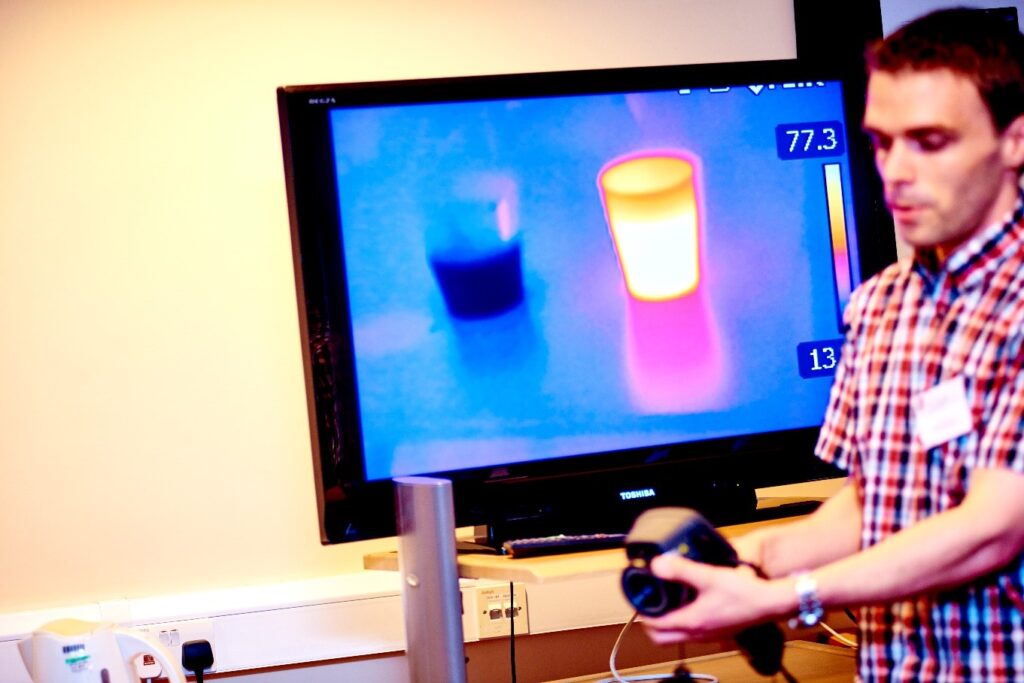What is an integrated master’s degree?
Often, people go to university to obtain a bachelor’s degree. This is typically a 3-year course where you take a selection of modules in your chosen subject and round it off with a dissertation or equivalent piece of work that reviews and critiques the literature about a topic within your subject you are passionate about. Then, some decide to carry on with education and study for a master’s degree, either at the same university or elsewhere.
But what if there was just a single course that allowed you to gain a master’s degree directly after A levels? This is what an integrated master’s degree does. Courses that offer this are known as MSci courses as opposed to a BSc/BA (Bachelor’s) or a MSc (a separate Master’s) degree.
At Durham, one usually lasts for 4 years, where the first 3 years are similar to the bachelor’s course and then in the final year 50% or more of your time would be spent working mostly independently on a project with a specialist supervisor on a topic you are interested in at the cutting edge of the field.

What are the advantages of an MSci over an MSc?
When I was applying, I saw no drawback to applying for MSci Natural Sciences rather than the BSc. Just because I applied for the 4-year course, doesn’t mean I was held to it. My decision on whether I wanted to do the 4th year could be made until the end of 2nd year!
MSci students are still undergraduates and so pay undergraduate fees and receive undergraduate student loans. When I considered separate master’s degrees, I found that they were often more expensive, and funding is less accessible. By the end of my 2nd year, I was aware of the work/study/life balance I had to put in to be financially secure while studying and so I knew I was less likely to face any financial issues if I continued with my Integrated Master’s at Durham.
After my first three years of studying at Durham, I found I’d come to know a lot about the research interests of the academics in the physics and chemistry departments, so I knew what type of project I wanted to do in my final year and whose work interested me the most. My final year project was with the physics department, and I was given a huge range of physics topics to choose from. Had I chosen to go elsewhere, or a more niche MSc program, I would have been less aware of the research interests of the academics, or my options would have been more limited.

What did the MSci give me that the BSc wouldn’t have?
The key difference is the research project that the MSci involves. By far, it was the best bit of my degree!
It’s hard work, but it is exciting getting to work on an unsolved problem and pulling together knowledge learned from across my degree to do this was satisfying. My project involved synthesising and characterising materials from a specific crystal family and involved using high-temperature furnaces and X-rays to create and analyse materials with interesting magnetic properties. I was given the freedom to design new experiments and developed my self-study skills greatly as a result of the project.
It was my first real taste of an extended piece of academic research and really cemented that I wanted to carry on with academic research and do a PhD.
Discover more
Download our latest prospectus and college guide here.
Follow The Durham Student on Instagram, TikTok and YouTube.






